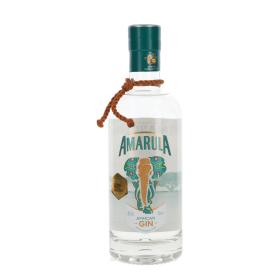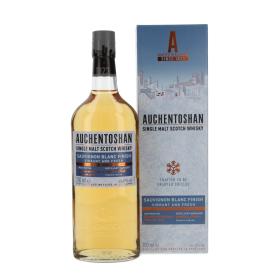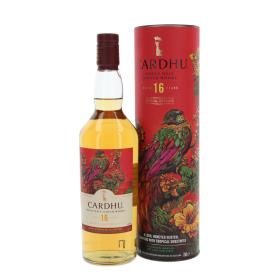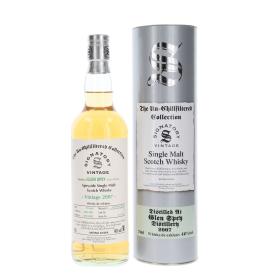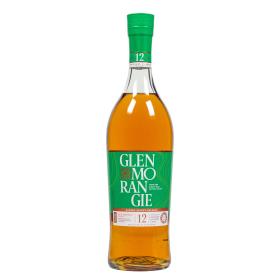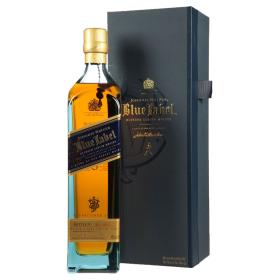The exotic golden-yellow fruit marula has a special significance in various African cultures. It grows on marula trees, which are native to the African savannah. The fruit is not only an important source of food, but also an ingredient in cosmetics and traditional medicine products. In gin, marula is used sparingly, about 0.5kg/100L. The taste is sweet and fruity, comparable to the famous Amarula liqueur.
Background
The marula fruit, also called elephant tree, is botanically known as Sclerocarya birrea and belongs to the Anacardiaceae family. These trees are native to many parts of Africa, from South Africa to Sudan, and are known for their adaptable properties in different climates.
Use of the Marula
Marula fruit is rich in vitamin C, fibre and essential nutrients. It can be eaten raw and has a slightly sour taste. The fruit is also used to make jams, juices and liqueurs. Its use in gin is not yet as widespread.
An outstanding product from the marula fruit is marula oil. This oil is extracted from the seeds of the fruit and has both cosmetic and medicinal uses. It is used for skin care products and in traditional medicine to treat various ailments.
Cultivation and distribution
The Marula tree originated in the dry regions of Africa, especially in parts of South Africa, Namibia, Botswana and Zimbabwe. The Marula tree grows in dry areas and is adapted to extreme conditions.
Dosing and distillation
The use of marula in gin is sparse and thus there is little to say about the optimal dosage. A suggested dosage is approx. 0.5kg/100L.

